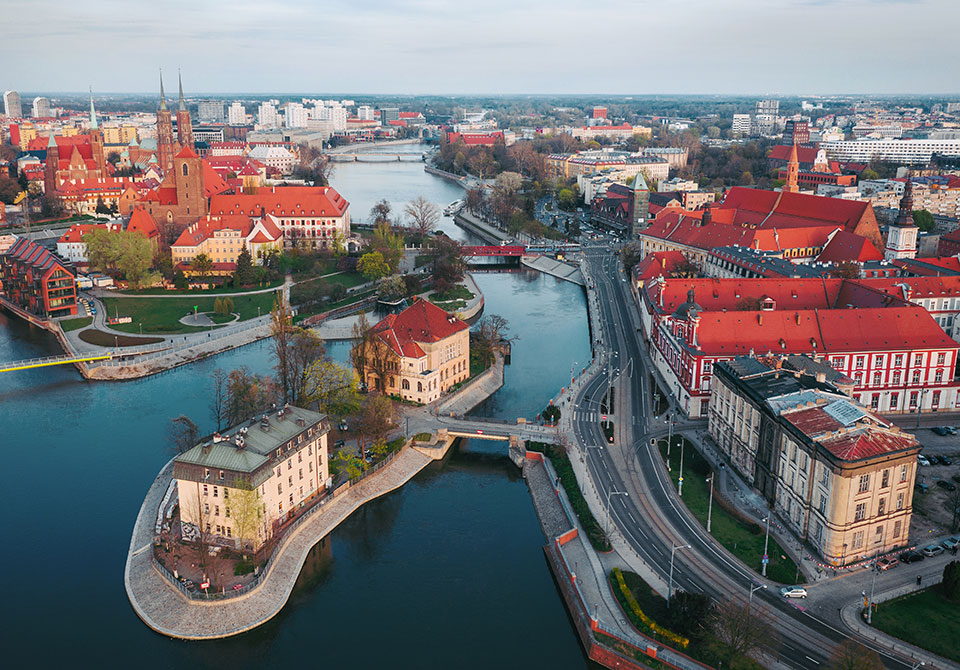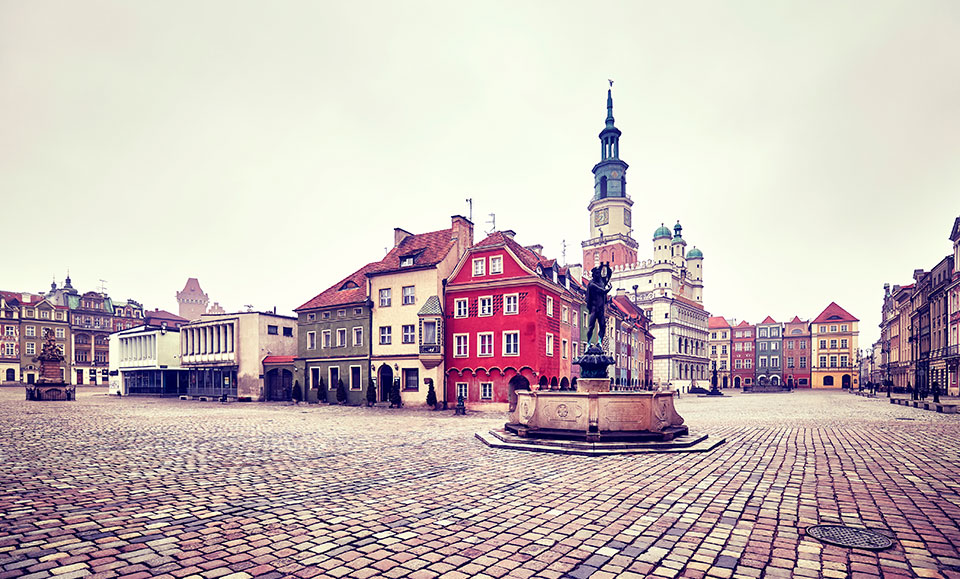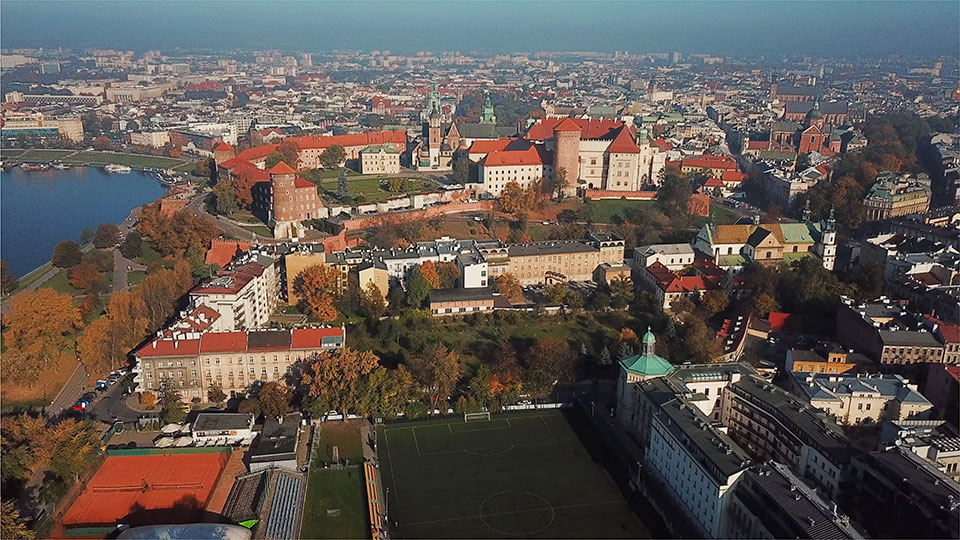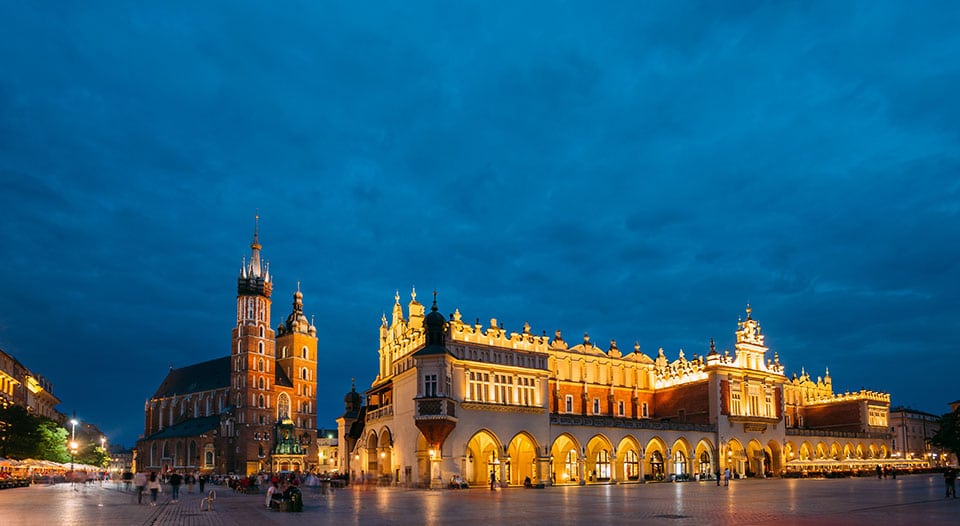Heading to Poland? 5 Things to Know For Pursuing Polish higher education

With time, Poland is becoming a popular place in education among international students. The country is a high-income economy where high standards of living are observed. In terms of education, it is ranked among the best in Europe. Poland has been crowned as the third-best country in the world to invest in or do business, 33rd best for adventure tourism, 35th best for quality of life, 7th most startup-friendly country in the world, 42nd best nation in the world for business expats, and 17th best country for business in Europe for Non-European investors. As of today, there are more than 500 university-level institutions here of which many institutions are devoted to arts. The institutional framework is supplemented by a student-friendly atmosphere that allows international applicants to study and thrive in the Polish environment.
However, there are many things you should know about it so that you respond better. In this article, I am going to run you through a few things which define Polish Higher Education. Here are 5 of those things for your consideration.
- Choose the Language
In Poland, there are two modes of instruction in higher education: English and Polish. Choose Polish only if you have an advanced command on the language. In case you choose English, you will have to submit proof of language proficiency. These proofs may take the form of IELTS, TOEFL or any other stipulation the universities may impose. There are a few universities which do not take any such proofs; instead, they conduct their own language proficiency exams and accordingly sort out students. - The Top Choices
As I wrote earlier, there are many universities in the country. But, we often start with the top ones for the application process. Many Polish universities are among the top tier universities in Europe and are, therefore, highly competitive in nature.Some of the top universities in the country include the University of Warsaw, Jagiellonian University, Warsaw University of Technology, University of Wroclaw, and the Wroclaw University of Science and Technology. Of these, the University of Warsaw and the Jagiellonian University are the highest-ranked ones in the country, with the former being the largest university and the latter being the oldest university in the country.
- Poland follows the Bologna Process
The Bologna Process refers to a series of agreements and meetings among European counterparts aimed at ensuring comparable educational standards throughout the region. Poland is part of the process as a result of which there are three cycles of studies all of which are based on the European Credit Transfer and Accumulation System. A benefit of this process is that it allows students to qualify courses in different countries because there is uniformity in the way the education system is administered. - The Academic Sessions
It is important to know when the academic session begins and culminates. An academic year is bifurcated into 2 semesters, summer and winter, with breaks in between. Most Polish universities commence their sessions from October. The vacations are in the month of January-February, and July-September, and universities do not generally arrange for extra classes during these vacations. Remember these details when you are filling up forms. Make a timetable of when the forms will be announced based on these details. - Tuition fees
How much you will end up paying as tuition fees depend on which type of university you apply to and where you come from. For example, students from Poland, Switzerland and the EU do not pay any tuition fees in Polish public universities for programmes conducted in Polish. However, other courses demand tuition fee. The average cost would vary depending on the programme. For example, for a Master’s degree, the cost is usually between 1,000-8,000 EUR per academic year. Some degree programmes such as business degrees can cost you beyond 10,000 euros. Also, studying in a private university means you will spend more on tuition than in a public university. - Living Costs
One of the most fundamental considerations for any international student is living costs. The Polish Government recommends that international students should have at least 300 EUR for monthly expenses.Of course, the expenses may vary here and there, but the minimum threshold is this. It will also depend much on your choices. For example, food should usually cost between 100-200 EUR, but it can very well exceed if your lifestyle is different. For example, outdoor dining will cost you considerably.
Have you read?
World’s Best Business Schools.
World’s Best Medical Schools.
World’s Best Hospitality And Hotel Management Schools.
Add CEOWORLD magazine to your Google News feed.
Follow CEOWORLD magazine headlines on: Google News, LinkedIn, Twitter, and Facebook.
This report/news/ranking/statistics has been prepared only for general guidance on matters of interest and does not constitute professional advice. You should not act upon the information contained in this publication without obtaining specific professional advice. No representation or warranty (express or implied) is given as to the accuracy or completeness of the information contained in this publication, and, to the extent permitted by law, CEOWORLD magazine does not accept or assume any liability, responsibility or duty of care for any consequences of you or anyone else acting, or refraining to act, in reliance on the information contained in this publication or for any decision based on it.
Copyright 2024 The CEOWORLD magazine. All rights reserved. This material (and any extract from it) must not be copied, redistributed or placed on any website, without CEOWORLD magazine' prior written consent. For media queries, please contact: info@ceoworld.biz
SUBSCRIBE NEWSLETTER












